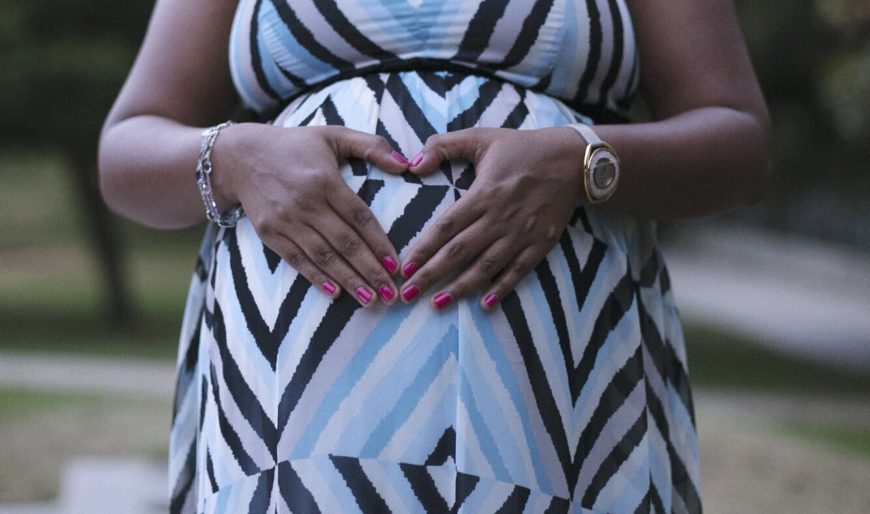Govt improves maternity rights (but only for cabinet ministers)
MPs argued this Bill could - and should - serve as an impetus for the government to improve maternity rights for all women.

Parliament today passed a bill that will provide formal paid maternity leave to female cabinet ministers for the first time – a reflection on the outdated, male-dominated standards that still exist within the House of Commons.
But the Bill, which was moved in order to provide Attorney General, Suella Braverman, with time off to recover and care for her baby, does not extend beyond the cabinet, sparking debate about the lot of parents across the rest of the UK.
Up until now, cabinet ministers have been forced to resign in order to take maternity leave, and because backbenchers and men are not covered by the new rules, they will still have to take the risk of arranging informal parental leave.
“I’m scared that it will be used against me politically,” Labour MP, Feryal Clark, said of her plans to take maternity leave this year.
“Most depressingly of all, I’m scared that beneath the warm words of ‘good luck’ and ‘congratulations’ some members will take a dim view of my taking of maternity leave at all.”
Another Labour Party backbencher, Stella Creasy, went further, threatening to take legal action against the government if the Bill was not extended to ensure every woman in the UK can have maternity leave.
“I want to be clear with the government: they have made some commitments today, but like the Suffragettes said, this has got to be deeds, not words,” she told the Commons.
Harriet Harman backed this point, saying the Bill ought to drive the government to “put right the completely wrong situation for the rest of the women in the country and what they face”.
Statutory maternity pay is currently paid at only £152 per week – less than half the legal minimum wage – and only workers who have been with their employer for 26 weeks continuously and earn at least £120 per week on average are eligible to receive it.
“[A woman’s] income is clobbered just when she needs to be spending more,” Harriet Harman pointed out. “Honestly, if men had babies, do we really think that maternity pay would be so insultingly low? Not a chance.”
However, with many campaigners pushing for stronger paternity leave and pay in order to redress stubborn gender inequalities around the provision of childcare, wage levels and career progression, many MPs noted that the Bill should cover men too.




